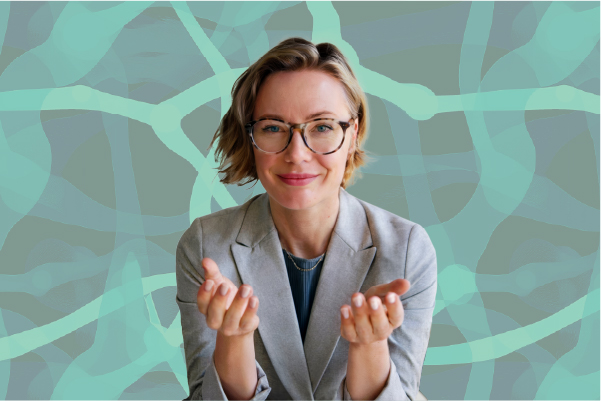Foreign sponsors of drug applications who want to conduct business in the United States need an authorized U.S. Agent to interact with the FDA on their behalf. Expectations for the individual or company serving as the U.S. Agent should go beyond forwarding email and monitoring the fax machine. The U.S. Agent should add value in the form of regulatory insight and operational efficiency as you navigate the FDA apparatus.
What exactly are the legal requirements for a U.S. Agent, what role does this person serve, and where in the complex regulatory landscape for pharmaceuticals can they add efficiencies to speed things along? Perhaps most important of all, what qualities and professional experience should you look for in a U.S Agent?
Requirements
The individual or company representing a foreign entity with the FDA as a U.S. Agent must reside and maintain a place of business within the United States. A U.S. Agent needs a physical address that’s not a P.O. Box. Foreign pharmaceutical companies can designate their U.S. Agent as part of the eCTD submission process. A letter of appointment is submitted in Section 1.3.1.2 as a separate document in addition to the U.S. Agent’s signature on Form 356h.
While there aren’t formal requirements for education and/or regulatory experience to qualify as a U.S. Agent, there are procedures the individual or company should understand quite well. The duties a U.S. Agent fulfills could include:
- Addressing questions about drug establishment registration
- Drug Master Files (DMFs)
- Obtaining a Data Universal Numbering System (DUNS)
U.S. Agent Responsibilities
Pharmaceuticals are not the only entities requiring the services a U.S. Agent provides. Many foreign companies doing business in regulated industries, including manufacturers of dietary supplements, food products, and medical devices, are in the market for a knowledgeable steward as well.
The U.S. Agent is a timely representative of a foreign sponsor. As far as the FDA is concerned, communication with the U.S. Agent is indistinguishable from communication with the sponsor and is treated as such. As the communication conduit between sponsor and FDA, the U.S. Agent is prepared to answers questions of an urgent nature. A valuable U.S. Agent stays up-to-date on the evolving regulatory landscape to help a foreign entity remain compliant. A U.S. Agent can quickly distill and abide by regulations. Sought-after qualities I hear most often from foreign businesses seeking a U.S. Agent include:
- Integrity
- Confidentiality
- Honesty
- Regulatory Knowledge and Experience
- Reliability
- Attentiveness
- Sound Judgement
A U.S. Agent must be on-call, and if there’s a chance continuous availability could be interrupted, a contingency plan must be in place. It’s not a bad idea to contract with a regulatory services vendor with multiple points of contact. Lines of communication, such as telephone and email, even the old school fax machine, must always be monitored. When FDA initiates communication on a regulatory matter, the duty of a U.S. Agent is to promptly inform the foreign sponsor and offer sage advice and potential courses of action, where applicable.
The bottom line is that foreign pharmaceutical companies and other entities seeking U.S. Agent services should look for an individual or company that is committed to looking after their interests. The factors I’ve detailed here should outweigh cost when considering these services. As with any vital business function, investing in the right U.S. Agent is worth the expense.
Added Value for eCTD Submissions
Certain synergies are in play if you choose an individual or company to provide both U.S. Agent and eCTD submission services. When the FDA requests more information or clarification on eCTD submission contents, sponsors respond by submitting additional “lifecycle” sequences. In the case of a foreign sponsor, the individual or company appointed as the U.S. Agent that also provides eCTD regulatory services would receive the Agency request, notify the sponsor and recommend a course of action. Finally, the information provided by the sponsor to satisfy the request would be submitted by the U.S. Agent/eCTD vendor in the form of an eCTD lifecycle sequence.
As you can see, there are fewer links in the communication chain and the individual or company acting in the dual U.S. Agent/eCTD vendor role can promptly deal with interrelated questions in a more efficient manner.
The rollout of eCTD v4 will introduce the concept of two-way communication. Two-way communication will allow the regional health agencies to send correspondence to sponsors as eCTD sequences. If the individual or company receiving these sequences serves in a dual capacity as U.S. Agent and submission publisher, an expedited response is more likely.


